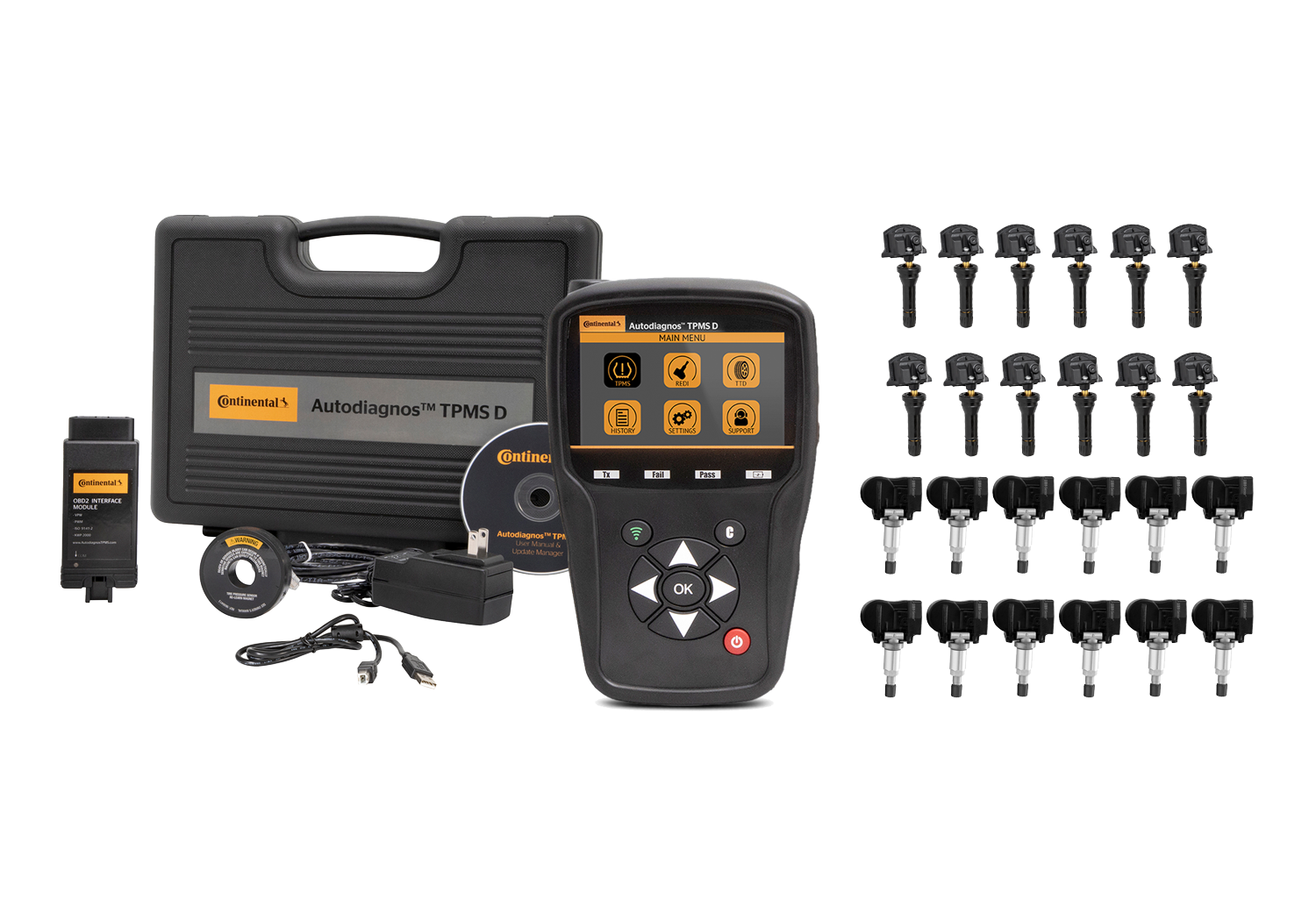The Tire Pressure Monitoring System that alerts you when one of your tires is dangerously low on air usually relies on TPMS sensors in the tires to tell the system the tire pressure is low. Most TPMS sensors run on batteries that are built into the sensor and these batteries are not replaceable.
The life expectancy of the lithium ion batteries in a TPMS sensor is anywhere from 5-10 years. It’s hard to put an exact timeframe for how long TPMS sensor batteries will last as it depends on the number of radio frequency transmissions the sensors make. Sensor battery life will depend on how much driving you do over time and the conditions that you drive in. Cold temperatures put less of a strain on TPMS battery life than warmer temperatures do. Constant stop-and-go traffic has more of an impact on TPMS battery life, when compared to a constant speed. This is because sensors transmit more radio frequency transmissions when the vehicle is changing speeds.
When the battery in a TPMS sensor dies, it will trigger a malfunction warning from the system, indicated by a blinking TPMS light on your dashboard. It may continue to flash, or it may turn solid after 60-90 seconds. If you see this warning, make a service appointment as soon as possible, but also check the tire pressure in all your tires immediately, just to be sure you have safe inflation all around.
If one of your TPMS sensors fails and needs replacement, you can replace it individually. However, if the failure was caused by a dead sensor battery, it’s likely that the other sensors are close to failing as well. When you consider the time and inconvenience of dropping your car off for a sensor replacement, you may want to proactively replace all the sensors so you have fresh sensor batteries all around.
Sign up for more information and learn about upcoming webinars from REDI-Sensor
